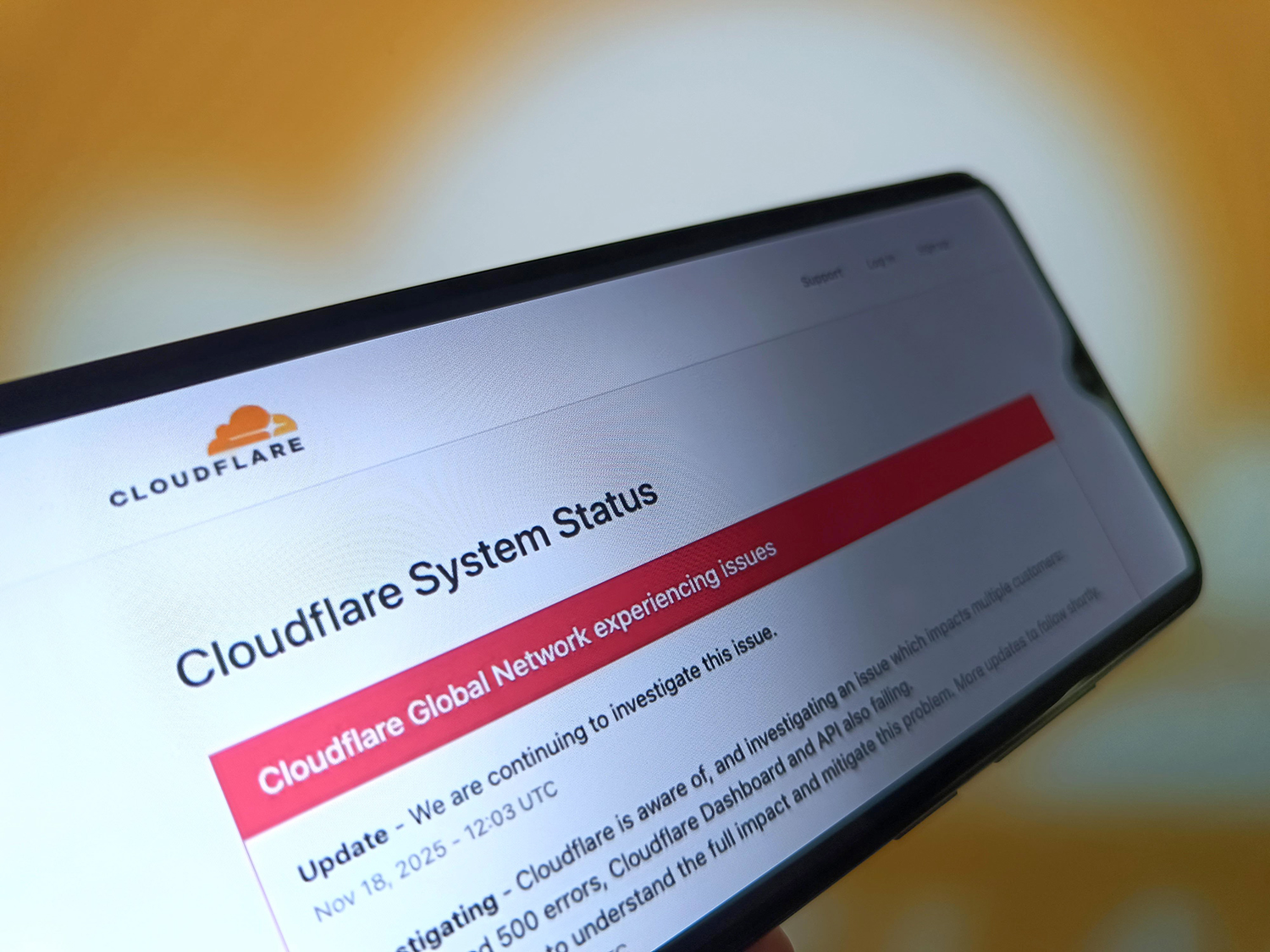RuWiki: Russian Wikipedia rival that censors everything from Ukraine to oral sex
Kremlin-backed project to create censored encyclopaedia could be a sign that Wikipedia's days are numbered in Russia
![A blown-up image of Wikipedia's [citation needed] tag.](https://cdn.mos.cms.futurecdn.net/8odnUxZVxr6o6TEtoiZJoP.jpg)
A free daily email with the biggest news stories of the day – and the best features from TheWeek.com
You are now subscribed
Your newsletter sign-up was successful
Wikipedia's days may be numbered in Russia, as Moscow's long-standing bid to replace the online encyclopaedia comes to fruition.
A "new version of history is taking shape", on RuWiki, said The Economist, as an expert said that Russia's internet is starting to resemble the heavily censored and closely controlled version in China, where Wikipedia is blocked.
'Heavy hacks'
RuWiki is "mostly a straightforward copy" of Wikipedia, but the "most sensitive moments of history" have been "left out or rewritten". It "might be called Orwellian", if only the author "were not himself occasionally censored". The rewriters "hack their way through the sensitive zones of Putinist ideology", producing mangled rewrites on topics including "LGBT rights, oral sex" and "Soviet history".
The Week
Escape your echo chamber. Get the facts behind the news, plus analysis from multiple perspectives.

Sign up for The Week's Free Newsletters
From our morning news briefing to a weekly Good News Newsletter, get the best of The Week delivered directly to your inbox.
From our morning news briefing to a weekly Good News Newsletter, get the best of The Week delivered directly to your inbox.
Russian "atrocities" in Bucha, near Kyiv, in 2022 are "reimagined" as a "Ukrainian and Western disinformation campaign" and the execution of nearly 22,000 Polish officers in 1940 is rewritten to "cast doubt on the archive documents proving it was done by Soviet secret services".
RuWiki takes a "different direction" from its inspiration, said PC Gamer, portraying a world where the late Wagner leader Yevgeny Prigozhin "just happened to explode in mid-air". The article on the poisoning of the former Russian spy Sergei Skripal "goes to great lengths" to "express Russia's official stance" on the episode.
According to an analysis of the site by an independent Russian media outfit, the vast majority of the new edits are being made during weekday working hours, which might suggest teams of paid writers are performing the edits, rather than the Wikipedia model of volunteer editors.
Wikipedia has "faced trouble" from the Kremlin since the start of the Ukrainian war in 2014 , said The Economist, and is now one of the few surviving independent sources of information in Russia.
A free daily email with the biggest news stories of the day – and the best features from TheWeek.com
Following a state crackdown on online news media after Moscow's invasion of Ukraine in 2022, Vladimir Putin gave his approval to new alternative platforms. Things stepped up a gear last year, when "glitzy ads" for RuWiki appeared across Moscow, said The Economist.
"Heavy investment" in the project suggests that Wikipedia's "days are numbered". So, although the Russian internet "isn't yet built like the Chinese one", said Sergei Leschina, a former member of the Russian Wikipedia team, "it's the direction we are heading, and quickly".
Global censorship
Since 2015, Wikipedia has been banned in China and in its place is Baidu Baike, a Chinese-language internet encyclopaedia. Unlike Wikipedia, it complies with the Chinese Communist Party's demands for censorship – "so it's easy to see why it's the government's preferred (and homegrown) option", said The Independent.
There has also been censorship of Wikipedia by governments in other countries including Iran, Myanmar, Pakistan, Saudi Arabia, Syria, Tunisia, Turkey, Uzbekistan and Venezuela.
In another example of information censorship, Hamichlol, meaning "the entirety", is an online encyclopaedia for Haredi Jews, which mainly censors any mention of homosexuality, content that contradicts a creationist world view, and behaviours deemed immodest.
Chas Newkey-Burden has been part of The Week Digital team for more than a decade and a journalist for 25 years, starting out on the irreverent football weekly 90 Minutes, before moving to lifestyle magazines Loaded and Attitude. He was a columnist for The Big Issue and landed a world exclusive with David Beckham that became the weekly magazine’s bestselling issue. He now writes regularly for The Guardian, The Telegraph, The Independent, Metro, FourFourTwo and the i new site. He is also the author of a number of non-fiction books.
-
 Political cartoons for February 16
Political cartoons for February 16Cartoons Monday’s political cartoons include President's Day, a valentine from the Epstein files, and more
-
 Regent Hong Kong: a tranquil haven with a prime waterfront spot
Regent Hong Kong: a tranquil haven with a prime waterfront spotThe Week Recommends The trendy hotel recently underwent an extensive two-year revamp
-
 The problem with diagnosing profound autism
The problem with diagnosing profound autismThe Explainer Experts are reconsidering the idea of autism as a spectrum, which could impact diagnoses and policy making for the condition
-
 Is social media over?
Is social media over?Today’s Big Question We may look back on 2025 as the moment social media jumped the shark
-
 Data centers could soon be orbiting in space
Data centers could soon be orbiting in spaceUnder the radar The AI revolution is going cosmic
-
 AI griefbots create a computerized afterlife
AI griefbots create a computerized afterlifeUnder the Radar Some say the machines help people mourn; others are skeptical
-
 Inside a Black community’s fight against Elon Musk’s supercomputer
Inside a Black community’s fight against Elon Musk’s supercomputerUnder the radar Pollution from Colossal looms over a small Southern town, potentially exacerbating health concerns
-
 Blackouts: Why the internet keeps breaking
Blackouts: Why the internet keeps breakingfeature Cloudflare was the latest in a string of outages
-
 Spiralism is the new cult AI users are falling into
Spiralism is the new cult AI users are falling intoUnder the radar Technology is taking a turn
-
 AI agents: When bots browse the web
AI agents: When bots browse the webfeature Letting robots do the shopping
-
 Microsoft pursues digital intelligence ‘aligned to human values’ in shift from OpenAI
Microsoft pursues digital intelligence ‘aligned to human values’ in shift from OpenAIUNDER THE RADAR The iconic tech giant is jumping into the AI game with a bold new initiative designed to place people first in the search for digital intelligence